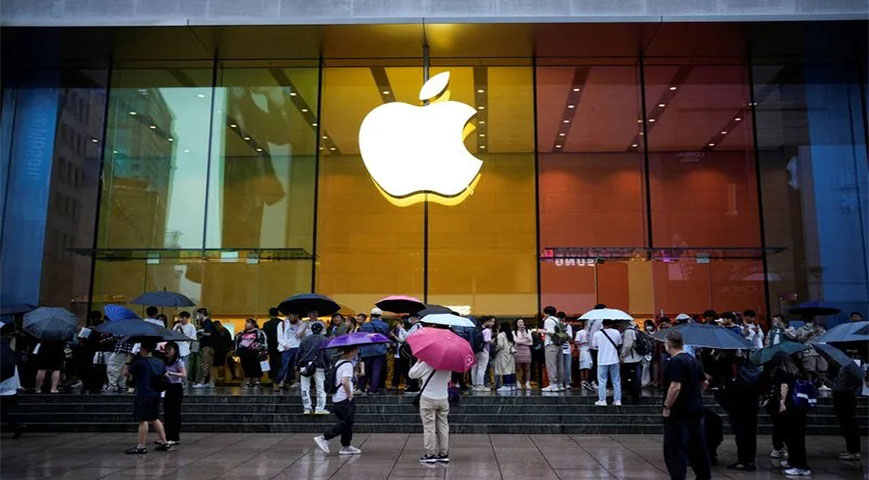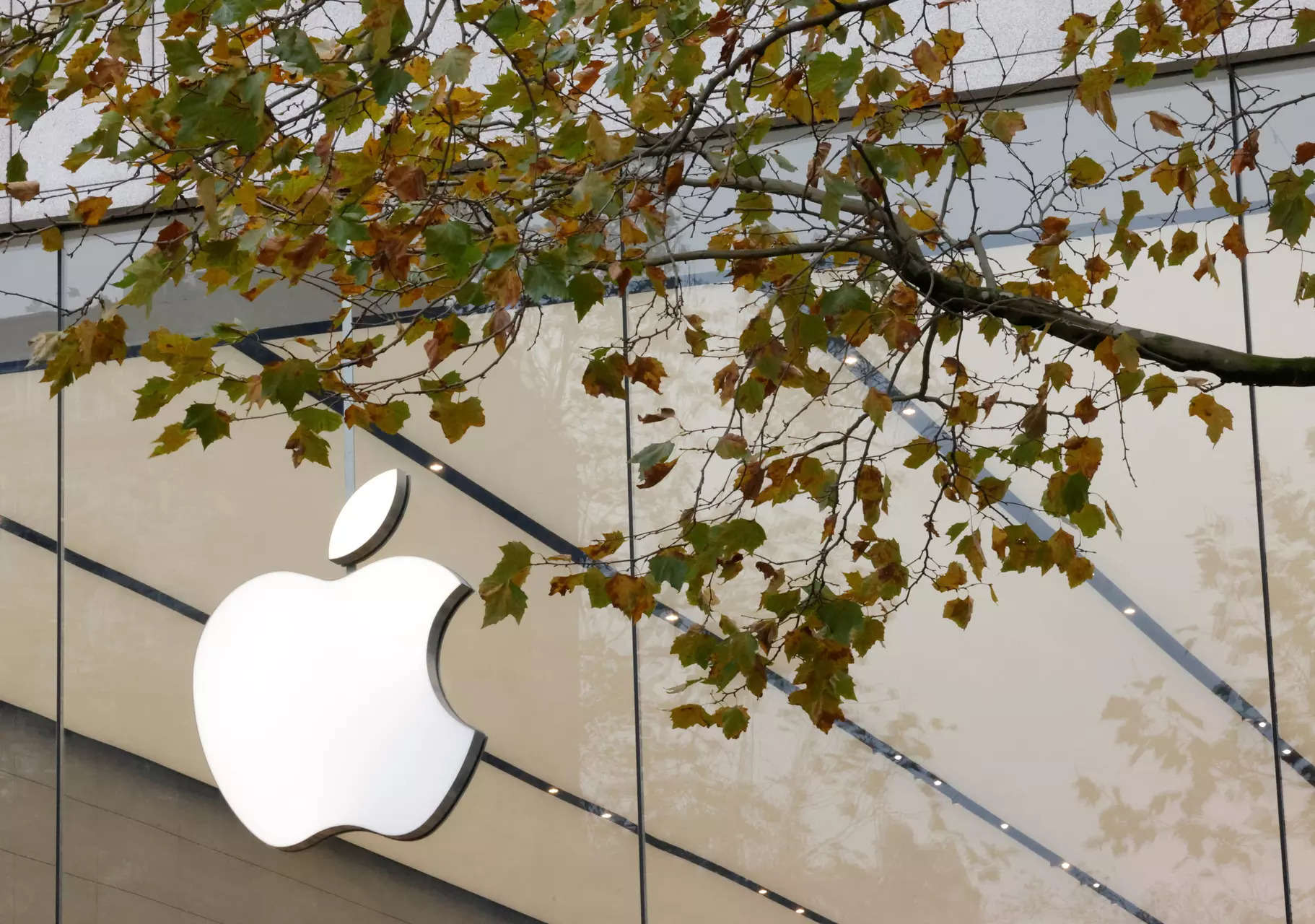Apple has pulled Meta-owned WhatsApp and Threads from its App Store in China in response to a request from the country's top internet regulator.
Beijing imposes some of the most stringent internet censorship in the world, preventing mainland Chinese online users from accessing anything from Google to numerous international apps without using a virtual private network.

"We are obligated to follow the laws in the countries where we operate, even when we disagree," said Apple in a statement, according to Bloomberg.
Did you read this?
"The Cyberspace Administration of China (CAC) ordered the removal of these apps from the China storefront based on their national security concerns," said Apple, referring to China's internet regulator.
"These apps remain available for download on all other storefronts where they appear."
A Meta representative directed AFP to Apple, which did not immediately reply to a request for comment.
The CAC and the Ministry of Industry and Information Technology, another major Chinese internet regulation authority, did not immediately reply.
Apple counts China as an essential market, having topped the country's smartphone market for the first time last year.
However, complex censorship and national security concerns have long plagued the US-based company's activities in China as Beijing and Washington compete for technical dominance.
China said in January that it had hacked Apple's encrypted AirDrop communication program, which had previously provided demonstrators with a critical avenue for exchanging information during Hong Kong's big pro-democracy rallies in 2019.

Removing WhatsApp and Threads from the Chinese app store would substantially complicate new iPhone users' access to the applications.
The new revelation comes a day before a vote in the US House of Representatives to require TikTok's immensely popular video app to cut all ties with its Chinese parent company ByteDance.
In recent years, US officials have expressed alarm about TikTok's possible national security and privacy problems despite the company's repeated assurances that it poses no harm to the American public.













